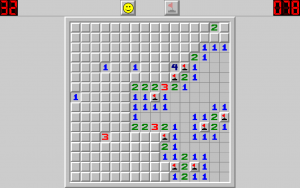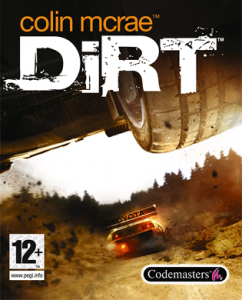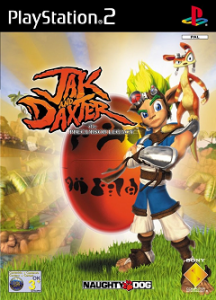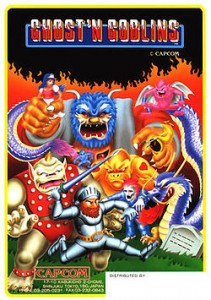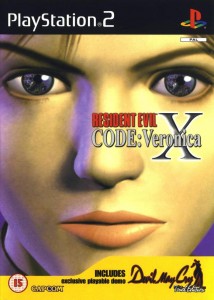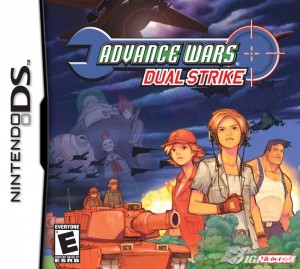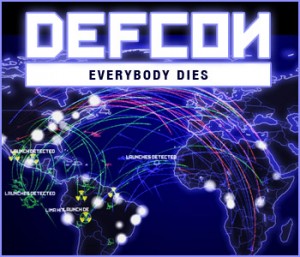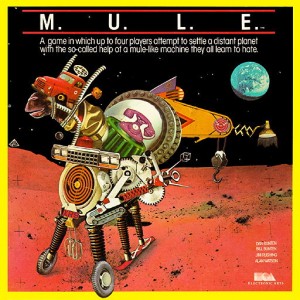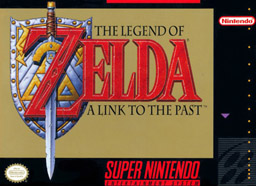494th played so far
Genre: Puzzle
Platform: PC
Year of Release: 1989
Developer: Microsoft
Publisher: Microsoft
Minesweeper! Until recently a game that anyone with a Windows machine would have played, now removed with Windows 8 and Windows 10 updates.
We’ve played enough of it that it was a game we had to cover at some point and, in the run up to 500, it seems like the right time to cover it before we have to get really serious
Our Thoughts
Minesweeper is – as you probably know – a very addictive puzzle game. With its constant presence on Windows machines, it’s also a game that we used not just as a game, but that I remember my primary school using as a way of learning how to use the computer – mouse control was a new thing in the early 90s that you had to get used to.
As with most good puzzle games, Minesweeper is simple in its setup. You click a square, which opens one or more squares. The number in a square indicates how many mines surround it (a 0 or empty square immediately opens all surrounding squares) and the goal is to open all squares that aren’t a mine – finding a mine kills you.
It’s simple, something that you get in a few games but gets complex enough as the board gets larger. The one downside here is that some of the combinations come down to random luck as you can (for example) just have one of two squares containing a mine but no way of knowing which is which. Even the aesthetic is simple (at least in the first iterations) – it’s a bunch of simple images and buttons.
Final Thoughts
Simple, but effective, Minesweeper is a nice puzzler that does what it says on the tin. A perfect timewaster that must have wasted more office time than any other computer program.
